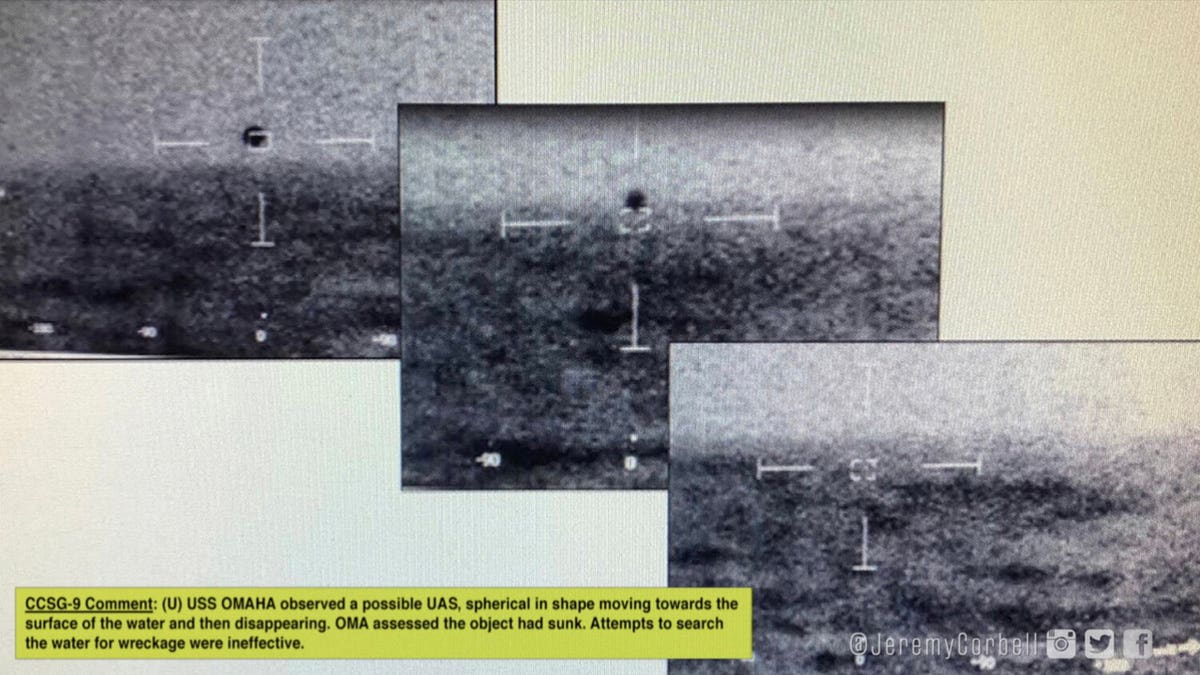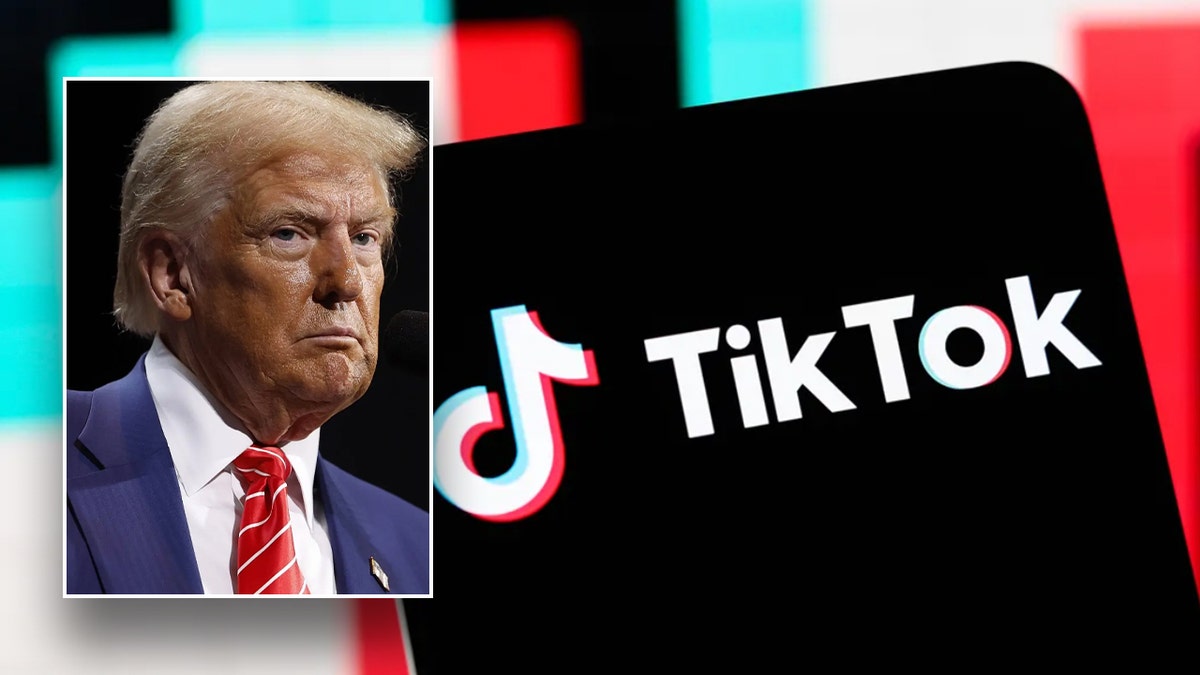Former President Donald Trump and Elon Musk's Department of Government Efficiency (DOGE) have faced increased scrutiny regarding their allegations of billions of dollars in wasteful government spending. While promising to reveal specifics, concrete evidence has yet to materialize. Trump, in a prior news conference, stated his intention to disclose the names of entities receiving these funds, but as of yet, no such list has been made public.
Since Trump's inauguration, he and Musk have repeatedly made claims, both from the Oval Office and on social media, targeting various government programs. These claims have often lacked supporting evidence and, in some instances, have been proven false. Musk himself acknowledged the potential for inaccuracies in some of the assertions. One example is the widely circulated claim, originating from White House press secretary Karoline Leavitt and amplified by Trump and Musk, about $50 million spent on condoms for Gaza and Hamas. This claim was later corrected; the condoms were actually part of an HIV prevention program in Gaza, Mozambique.

Musk, during his first DOGE press conference, admitted that errors are possible and pledged to rectify any inaccuracies swiftly. He maintained that DOGE operates with "full public transparency," yet much of their activity across federal agencies has come to light through investigative reporting, employee reactions, or sudden office closures. DOGE's updates on Musk's X platform are often vague and lack documentation.
A recent example of a disputed claim involves a $9 million Department of Defense contract awarded to Reuters, which Musk labeled a "scam" on X. Public records, however, indicate the 2018 contract was awarded to Thompson Reuters Special Services, not the news division, for research on automated defense social engineering attacks, initiated during Trump's first term. This discrepancy was highlighted by Washington Post reporter Drew Harwell.
Despite promises of weekly "DOGE casts" and website updates detailing their activities, the Doge.gov website initially displayed only a logo. Following inquiries, the site was populated with X posts, agency rule data, and federal worker headcounts, sourced primarily from publicly available OPM data. The site includes a disclaimer acknowledging potential errors and a commitment to accuracy.
Musk also made claims about 150-year-olds receiving Social Security benefits without providing further details or evidence. Furthermore, potential conflicts of interest regarding Musk's companies, SpaceX and Tesla, receiving billions in federal contracts, including a potential $400 million contract for armored Teslas for the State Department, remain a subject of concern. While this contract was initially listed in a procurement forecast document, it was later revised to describe the requirement as "armored electric vehicles."


When questioned about these potential conflicts, Musk pointed to DOGE's public actions as a form of accountability, suggesting that any discrepancies would be readily apparent and publicly challenged. He did not, however, specify how these complaints would be addressed or acknowledged.








